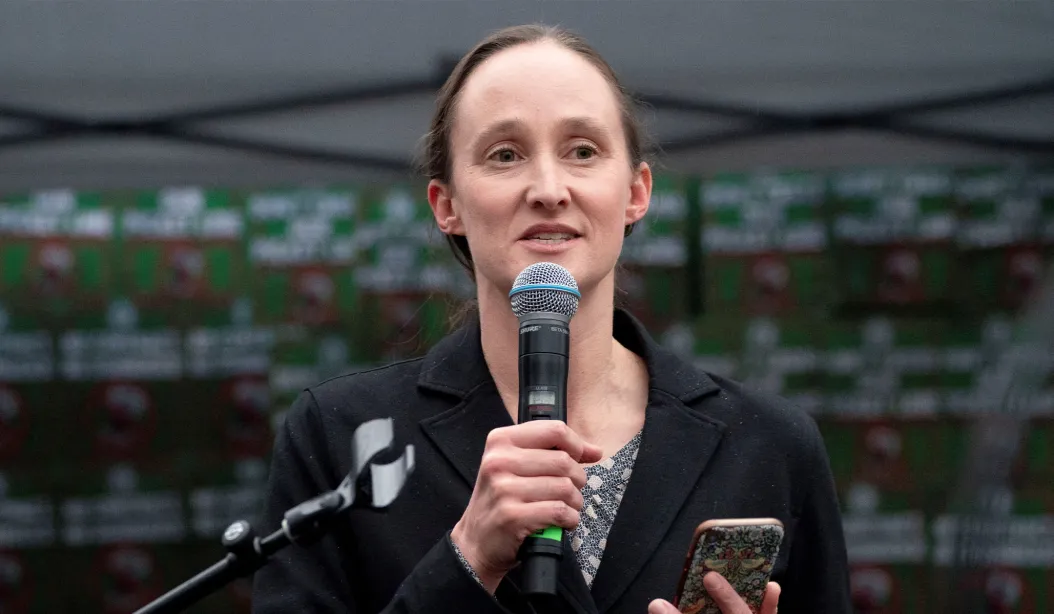Censorship, price gouging, and total monopolization of the internet. These were among the many fantastical claims made by net neutrality proponents when the Open Internet Order was overturned by then FCC chairman Ajit Pai in 2017. Memes flowed, showing extra surcharges for using your favorite social media site and laughably unrealistic claims that you'd have to pay for every google search. Six years later, we've yet to see this dystopian internet emerge, but supporters want to bring back the Obama era rules anyway.
In my recent op-ed at National Review, I go through the top five claims made by net neutrality proponents and debunk them. Without net neutrality, we were told there would be more profits for internet service providers (ISPs) without more investment in broadband infrastructure. This is not the case, as broadband investment is not only up year after year, but at a higher rate than during the years net neutrality was in effect! Without net neutrality, we were told ISPs would censor political voices. Instead, we saw the government apply pressure on other private companies like Facebook, YouTube, and Twitter to censor content, but have no examples of ISPs similarly censoring content. Without net neutrality, we were told small businesses would have to pay more to reach consumers. Even as they continue to make this claim, the number of small business openings continues to increase even after the upheaval of Covid, and no positive examples of gouging small businesses exists.
This isn't stopping FCC chairwoman Jessica Rosenworcel from resurrecting the net neutrality rules, however. But as FCC commissioner Brendan Carr points out, there are real harms to implementing net neutrality rules, too. Classifying ISPs as common carriers gives the FCC sweeping control, leading to rate regulation, worse broadband access for many, and less innovation.
Read my full breakdown of what's going on in the full piece at National Review.






